The number of foreigners moving to Jamaica each and every year is slightly rising. Hey, who could blame them? Jamaica has some of the finest beaches, crystal clear water, awesome reggae music, and an internationally renowned cuisine. There are plenty of positives to living in this tropical paradise. Still – always remember that living in Jamaica is extremely different from vacationing here. Just like any other country on earth, Jamaica has plenty of pros and cons. In this article, we’ll go over seven things everyone must seriously consider before moving to Jamaica.
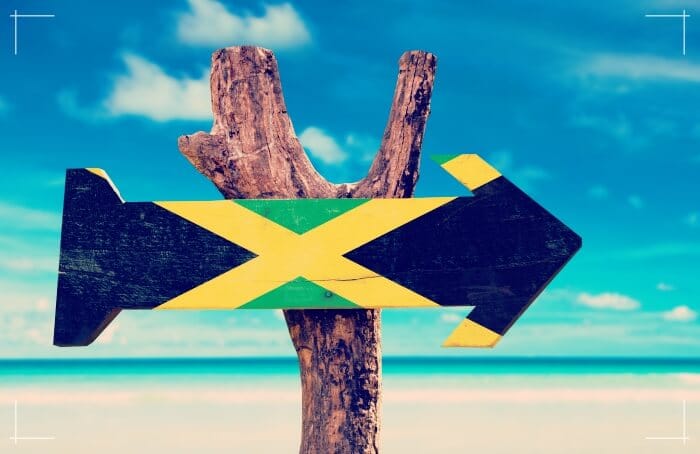
1. The Current Jamaican Housing Market
Real estate prices in Jamaica vary considerably depending on what city you live in. The official price range for a house in Jamaica right now is between $30,000 and $2.5 million. Areas that are closer to the capital city of Kingston or northern resort towns are, of course, more expensive. The two most expensive residential areas are Norbrook and Jack’s Hill, both of which are in the greater Kingston metropolitan area. A few other popular destinations for expats around Kingston include Portmore and Spanish Town. There are plenty of secure gated communities in these areas if you’re willing to spend extra money for added security. You could easily spend around $3,000 per month living in areas like Norbrook or in resort towns like Negril. Before moving to Jamaica, be sure to figure out your personal finances and how much you’ll be spending each month on housing.
2. What City Vibes With You?
Finances are undeniably the most important consideration. However, you also need to be sure the area you’re moving to is the right fit for you. The area around Kingston is probably the most popular area for expats. However, it might not be a good fit for you. The perks of living near Kingston are that there are more Western amenities. You have more activities to take part in at night, a stronger expat community, and easy access to an international airport.
If you’re the kind of person that needs the energy of big city life to function, then living in Kingston is probably your best fit. However, if you’re a nature lover in search of a quieter area to live in, things change. You’re going to want to look into areas like Manor Park and Havendale. At the opposite extreme, beach lovers and party-goers will probably want to live close to the major resort towns. Try places like Montego Bay, Ocho Rios, and Negril, if possible. Whether you love communing with nature or jamming at a reggae concert every night, you should be able to find one area of Jamaica to suit your interests.
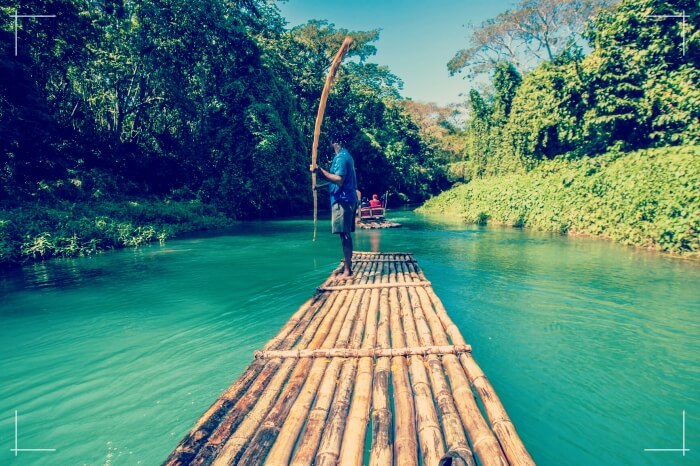
3. Crime In Jamaica: Warning For Any LGBTQ Travelers
Sadly, Jamaica still has serious problems with crime. Jamaica actually has one of the highest per capita murder rates in the world. Most tour guides don’t advise women to travel or live alone in Jamaica for any extended period of time. Certain areas of Jamaica are more prone to crime than others, but even well-guarded tourist areas experience frequent burglaries. If you’re an LGBTQ traveler reading this article, you should seriously consider moving to a different country in the Caribbean.
Jamaica is still considered one of the most homophobic nations in the world by many international organizations. Open displays of affection between LGBTQ travelers can provoke horrendous acts of violence, and the Jamaican government has yet to enact strict laws against overt homophobic violence. A few more gay-friendly islands in the Caribbean include the US Virgin Islands and Saint Martin.
4. Learn About The Healthcare System
Jamaica is still considered a developing nation, so the health care infrastructure you’ll find here isn’t as developed as you’d find in nations like the USA or Japan. Every parish in Jamaica has its own hospital, but you can only seek out emergency care in big cities like Kingston or Montego Bay. If you live in a highly developed nation, it’s highly advisable you have a long chat with your primary care doctor before moving to Jamaica.
Be sure you get all the prescription medications you need for a longer stay in Jamaica before leaving your home country. It’s notoriously difficult to get certain medications in Jamaica for a wide-variety of conditions. Most expats find it’s easier and cheaper to sign up for a US Express Scripts membership and get their medications via mail, in Jamaica.
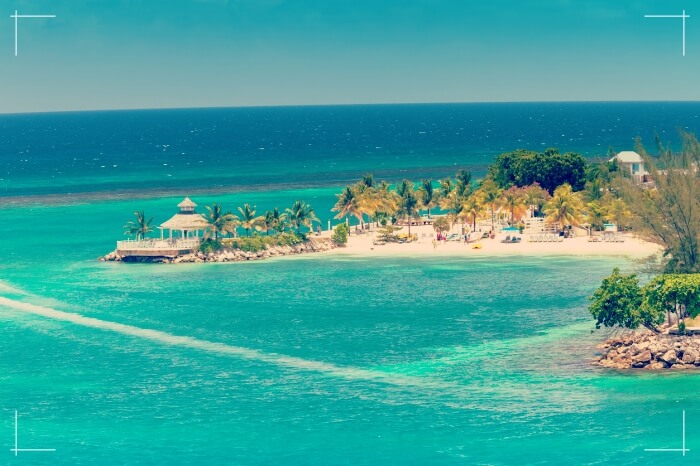
5. Average Weather In Jamaica
One of the nicest features about Jamaica, of course, is the weather. Most days of the year on this island are sunny, hot, and humid. The only places you’ll need a jacket are if you’re hiking up mountain or living more inland. Just remember while you’re having your fun in the sun that Jamaica is within the Atlantic hurricane belt. Be sure you have high-quality insurance and a reliable escape plan just in case a serious hurricane threatens Jamaica while you’re there.
6. Education In Jamaica
Parents moving to Jamaica with their children should take a careful look at Jamaica’s education system. Due to its history with British colonization, Jamaica has an educational system based on the UK model. The Ministry of Education (MoE) is responsible for managing Jamaica’s public school system. There are currently around 1,000 public schools in Jamaica with around 20,000 teachers instructing 100,000 children. Kids start learning at the age of two and move through the standard primary and secondary education. A few of the most prestigious secondary schools include Immaculate Conception High School in Saint Andrew Parish and Campion College in Kingston. There are also many universities in Jamaica, the most notable of which are the University of Technology and The University of the West Indies.
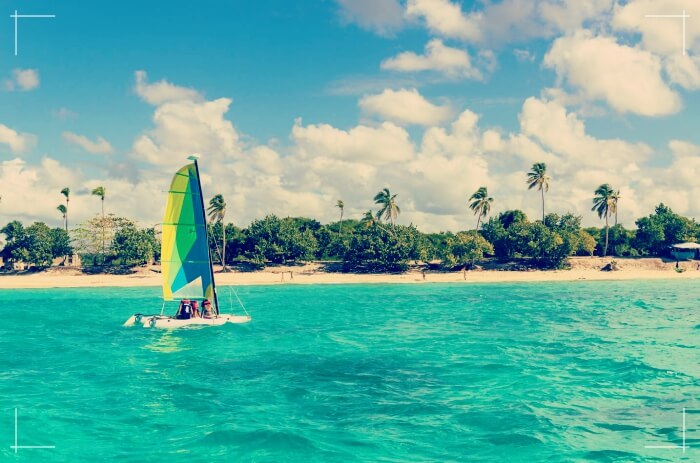
7. Job Opportunities In Jamaica
Lastly, but perhaps most importantly, you have to figure out how you’re going to earn money before moving to Jamaica. A few of the major industries on the island are tourism, insurance, and mining. It may not be impossible to set up a tourism business here. However, it’s quite difficult for foreigners with no personal connections to get into this game. The easiest way to get a job here is to have some kind of professional skill that’s in demand like a doctor or teacher. Since it is a bit challenging to land a job in Jamaica, most people recommend saving up money before moving to Jamaica and, if possible, finding some kind of remote work.
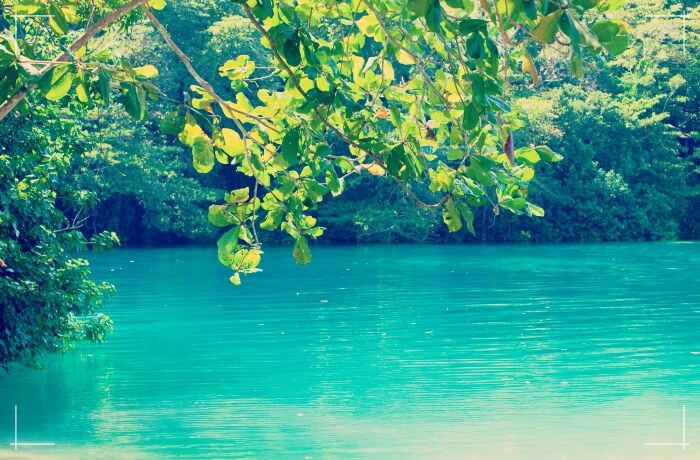
Summing Up
Jamaica is growing more influential on the world stage each year. Many people choose to retire in Jamaica to spend their golden years, while others take advantage of the island’s relatively cheaper prices to set up their businesses. Of course, don’t expect it to be all relaxation and reggae while you’re living here! Like anywhere else in the world, Jamaica has its fair share of problems. However, with careful planning beforehand, you should be able to make a move to this island nation work for you. So, if you think Jamaica jives with your soul, start planning your big move today!
Images from depositphotos.com.
